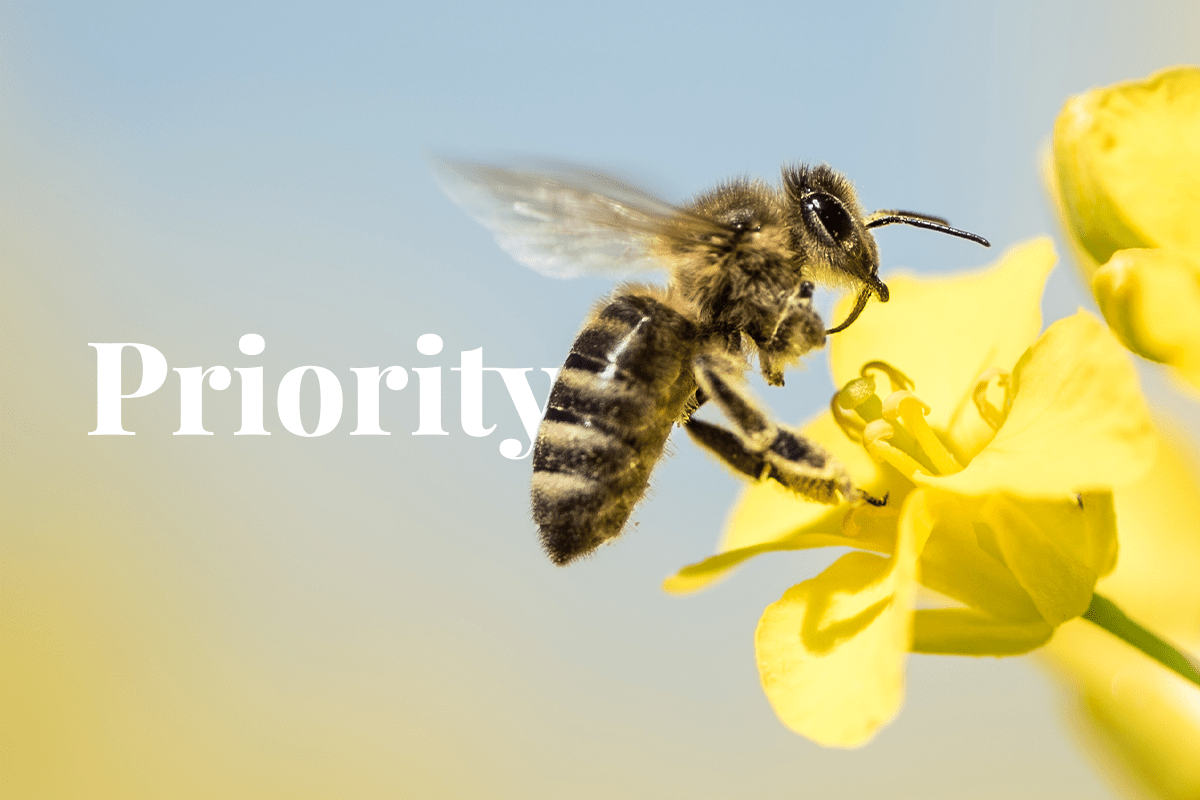A set of groundbreaking guidelines has been introduced by the Science Based Targets Network (SBTN) to assist companies in placing nature conservation at the forefront of their operations. The SBTN, in collaboration with 17 pilot companies, including LVMH, Kering, and H&M Group, aims to develop a framework for setting precise targets that promote biodiversity and safeguard nature. Notable participants also include AB InBev, Nestlé, Neste, Suntory Holdings, and Tesco.
 Honey Bee collecting pollen on yellow rape flower.
Honey Bee collecting pollen on yellow rape flower.
The SBTN's latest guidelines draw upon the Science Based Targets Initiative (SBTi) established in 2015. Initially focused on assisting companies in reducing greenhouse gas emissions to align with the Paris Agreement, the SBTN now seeks to address the urgent need for biodiversity preservation and protecting critical ecosystems.
The first phase of the SBTN framework concentrates on land and freshwater commitments. By 2025, the SBTN plans to release a comprehensive set of guidelines that will also encompass ocean commitments.
Read more: 10 Vital ecosystem services: sustaining life on Earth
To kickstart the initiative, participating companies are advised to evaluate their environmental impact, determine crucial locations and targets, and track and disclose their progress. This standardised approach ensures consistency and enables meaningful comparisons across various companies.
The urgency of this endeavour is highlighted by recent climate warnings. According to the World Meteorological Organization, global temperatures are predicted to surpass the 1.5°C threshold established by the Paris Agreement as early as 2027. To prevent the planet from exceeding the 1.5°C threshold and curb the alarming rates of biodiversity loss, preserving nature is vital. Disturbingly, animal populations have experienced a staggering 70% decline over the past fifty years, with over one million species currently facing the threat of extinction.
Read more: Study reveals an alarming decline in animal species
The introduction of the Kunming-Montreal Global Biodiversity Framework underscores the global commitment to biodiversity preservation, setting a target to designate 30% of Earth's land as protected areas by 2030. The SBTN's efforts aim to ensure that the remaining 70% of working lands are managed sustainably to prevent further encroachment on protected areas.
The SBTN's guidelines align with the growing movement within companies like LVMH and Kering, which have initiated nature-based projects to protect and restore ecosystems. By funding conservation projects and committing to preserving old-growth forests, these companies exemplify the shift toward an economy that prioritises nature.
As the world grapples with the consequences of biodiversity loss, initiatives like the SBTN provide hope for a future where businesses prioritise nature preservation alongside their economic objectives. These initiatives further emphasise the global shift towards biodiversity importance. By adhering to science-based targets and embracing sustainable practices, companies make the prospect of a more sustainable future a reality for all.
DGB Group champions initiatives aimed at conserving biodiversity, as it’s undoubtedly one of the core strategies for supporting nature to thrive and prosper. DGB’s large-scale reforestation, afforestation and habitat restoration projects are developed by a team of experts closely working together with governments, conservation organisations, and local communities to ensure the success of our initiatives. Fostering biodiversity is at the heart of our initiatives, and we are committed to restoring and protecting nature to ensure a sustainable, biodiverse future for all.
Start your sustainability journey



